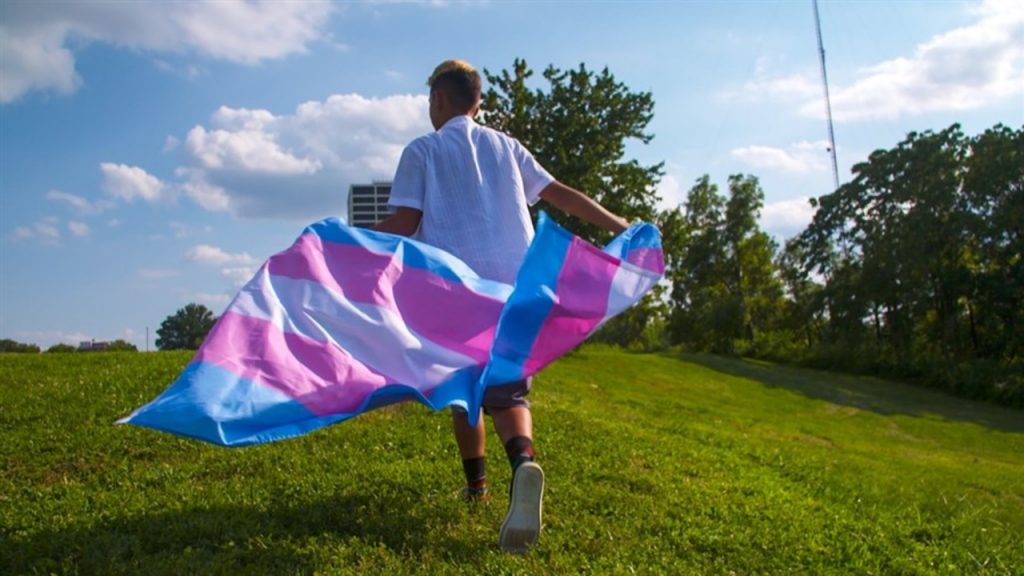70% Of American Voters Object To Gender Identity Lessons In Elementary School
A New York Times poll found that 70% of all American voters oppose elementary schools teaching lessons on gender identity.
Gender identity lessons are one of the biggest topics of contention in public education. More and more public schools are weaving these topics into classroom discussions, stirring the pot and causing a divide over its place in school. While Americans are torn over these lessons for older students, the majority of the public agrees that they don’t belong at the elementary level.
A new poll conducted by the New York Times found that 70% of registered voters strongly or somewhat opposed instruction on sexual orientation and gender identity in elementary school. This new finding comes at a time when some districts further embrace these inclusive plans, just as other states, like Florida, look to ban them in younger grades. It also sheds light on another issue, which lies in the fact that many parents don’t fully understand what teachers are discussing with their children.
According to the survey, young adults were more apt to welcome gender identity lessons for elementary students. However, the majority of these respondents (51%) still were opposed to young students learning about the subject. But what exactly do teachers at this level discuss with the youngest public school-aged students?
States that require gender identity to be discussed in sex education standards outline how this topic should be broached at the elementary level. For this young group, most lessons focus on defining gender and discussing typical gender stereotypes. At its core, its true purpose is to foster inclusive, welcoming environments for all students.
But despite this, indecent reports of explicit sex education lessons continue to be documented all across the nation. Recently in Idaho, the state was exposed for allegedly teaching porn literacy in elementary schools. These findings do nothing to aid advocates of gender identity in their fight for its place in schools.
In states like Florida, lawmakers fear that lessons on sex and gender identity are indoctrinating young students. They believe these lessons sexualize children at far too young ages. This year, new legislation prohibits educators from discussing gender identity with students altogether in grades kindergarten through third, or wherever deemed “inappropriate.”
According to the Times poll, Democratic voters were more prone to favor gender identity lessons in elementary school than their Republican counterparts. 53% in this category favored these teachings. Furthermore, approval of these school lessons grew across the board at higher school levels.
More voters were in favor of gender identity being discussed with middle schoolers. At the high school level, only 42% of respondents opposed sexual orientation and gender identity instruction. Overall, this survey depicts a vast divide in public opinion on the matter.
A similar poll conducted last spring found that only 35% of parents were against gender identity lessons in elementary school. If anything, these surveys prove that the situation may not be as opaque as once thought. But to many advocates and opposers vehemently fighting either for or against these teachings, the topic is of serious concern.

Public education is said to be one of the biggest factors swaying votes in the coming election season. In fact, many parents have pledged to switch party affiliation over school education concerns. Despite what side of the fence parents lie on, gender identity is a contentious topic in schools, with no signs of the debate waning anytime soon.







